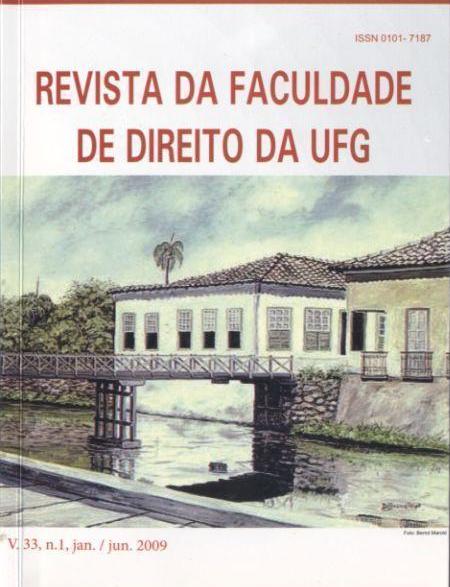The Diferent Criminal Protection 0f Maria da Penha Law And A Short Reformulation Of Your Article 41
DOI:
https://doi.org/10.5216/rfd.v33i1.9793Keywords:
Maria da Penha Law, Guardianship, Women, UnconstitutionalityAbstract
The Maria da Penha Law is founded onthe provisions of art. 226, § 8 of the Federal Constitutionof Brazil, which states that “The State shall ensureassistance to all members belonging to the family,creating mechanisms to suppress violence in their relationships”.This law is based also on the "Conventionon the Elimination of All Forms of Discriminationagainst Women” and the “American Convention onthe Prevention, Punishment and Eradication of Violenceagainst Women”. To contrast with impunity andwith high rates of domestic violence, some laws have tobe edited until the current Law Maria da Penha. Law11.340/06 presents modifications of criminal, criminalprocedure and family that will minimize or at leastreduce the impunity of the aggressor and fearlessnessthat pervades the national home. Many jurisprudentshave advocated the unconstitutionality of the word womanin the current law, once the exclusive protection ofwomen would violate the principle of equality, which isconstitutionally guaranteed. According to them, wouldnot be permissible a Law that protect only the females.The main mechanisms offered by the Law of protectionto women are in the criminal and criminal procedure.Downloads
Downloads
Published
How to Cite
Issue
Section
License
Os Autores que publicam nesta revista concedem à Revista da Faculdade de Direito da UFG uma licença mundial, sem royalties, sujeita aos termos e condições da Licença Jurídica Creative Commons Atribuição 3.0 Brasil Creative Commons Attribution License
Os autores concedem à RFD UFG todos os direitos autorais sobre os artigos nela publicados, que os mantêm com exclusividade até o advento de domínio público sobre os mesmos.
























